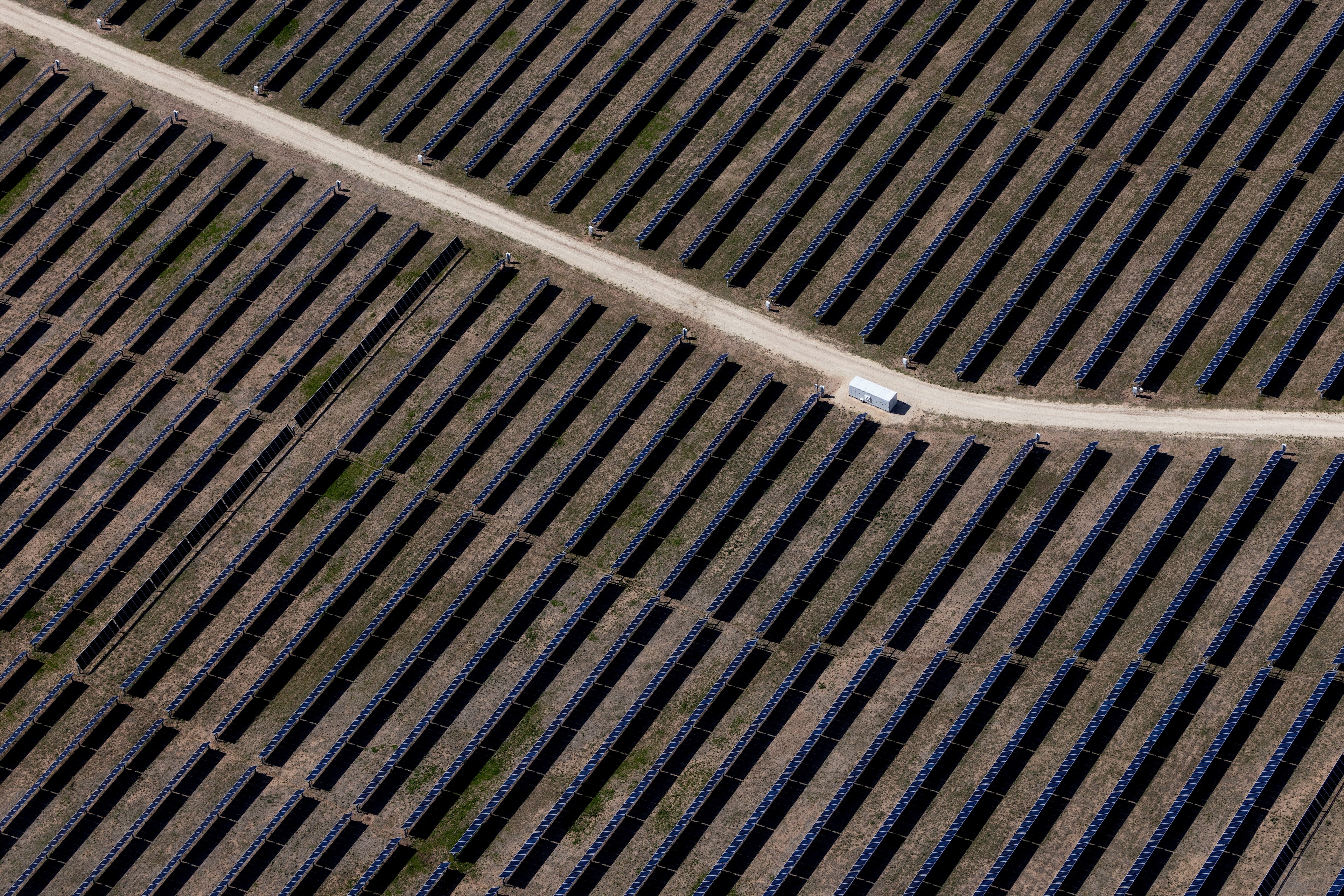Norway government proposes subsidy to ease pain of high power prices

Norway plans to subsidize the electricity bill.
Image: REUTERS/Victoria Klesty
Stay up to date:
Norway
- The cost of electricity has spiked to the highest level in more than a decade, so Norway's government plans to subsidize the electricity bill to soften the impact.
- The subsidy proposal means that Norway's government would pay half of the portion of power bills above the prices of 0.70 Norwegian crowns per kilowatt-hour.
- This proposal would come at a heavy cost for the government as well.
Norway's government plans to subsidise the electricity bill of households to soften the impact from soaring power prices, Prime Minister Jonas Gahr Stoere said on Saturday.
The cost of the proposal, which is subject to approval by parliament, could amount to some 5 billion Norwegian crowns ($560 million) combined for the four months from December 2021 to March 2022, the government said.
A spike in the cost of electricity to the highest level in more than a decade has put pressure on the centre-left minority government to find ways to cushion the blow.
"An extraordinary situation like this requires extraordinary measures," Stoere told a news conference.
The plan comes on top of earlier measures presented by the government amounting to between 4 billion and 5 billion crowns, Finance Minister Trygve Slagsvold Vedum said.
What's the World Economic Forum doing about the transition to clean energy?
Under the proposal, the government would pay half of the portion of power bills above prices of 0.70 crowns per kilowatt hour (KWh) or more, with a cap set at 5,000 KWh per month.
So far this month, wholesale spot prices in southern Norway have averaged 1.89 crowns/kWh including value added tax, according to data from electricity bourse Nord Pool.
($1 = 8.9304 Norwegian crowns)
Accept our marketing cookies to access this content.
These cookies are currently disabled in your browser.
Don't miss any update on this topic
Create a free account and access your personalized content collection with our latest publications and analyses.
License and Republishing
World Economic Forum articles may be republished in accordance with the Creative Commons Attribution-NonCommercial-NoDerivatives 4.0 International Public License, and in accordance with our Terms of Use.
The views expressed in this article are those of the author alone and not the World Economic Forum.
Forum Stories newsletter
Bringing you weekly curated insights and analysis on the global issues that matter.
More on Energy TransitionSee all
Michael Wang
July 28, 2025
Ayla Majid
July 24, 2025
Manikanta Naik and Murali Subramanian
July 23, 2025
Arunabha Ghosh and Jane Nelson
July 22, 2025
Ali Alwaleed Al-Thani and Santiago Banales
July 21, 2025
Goodness Esom
July 18, 2025






